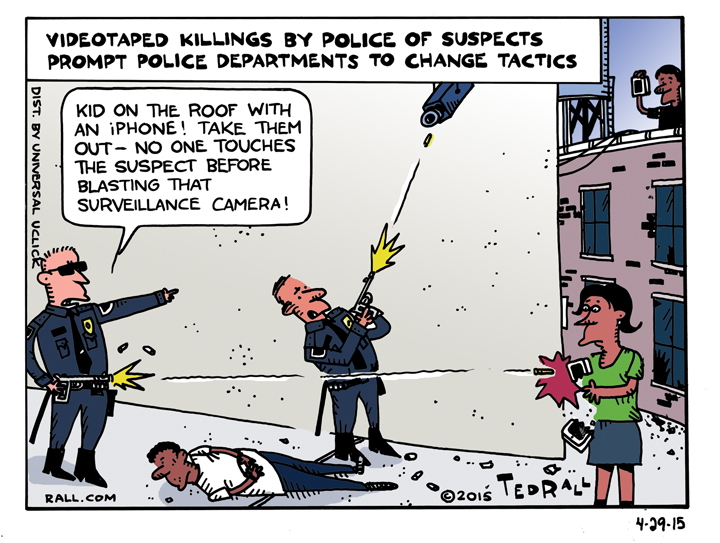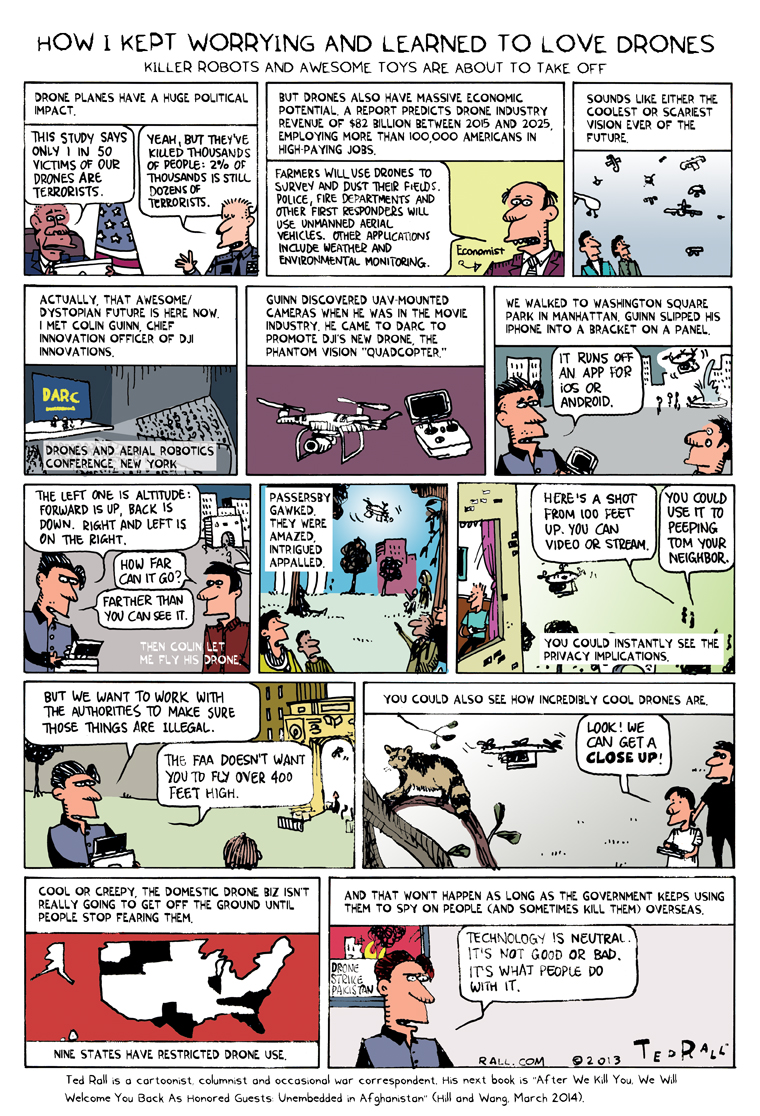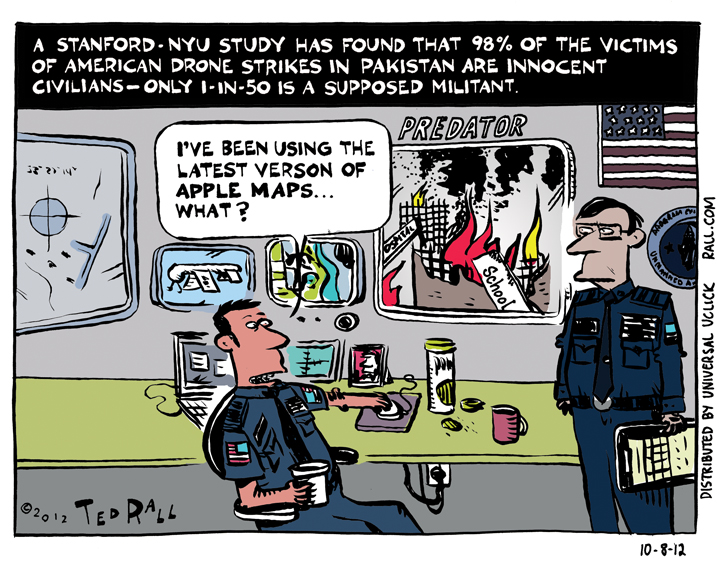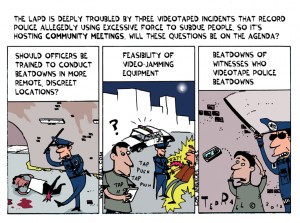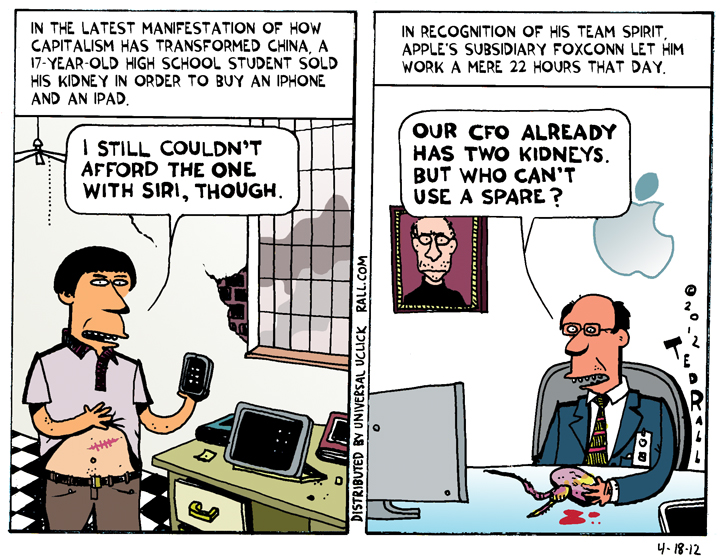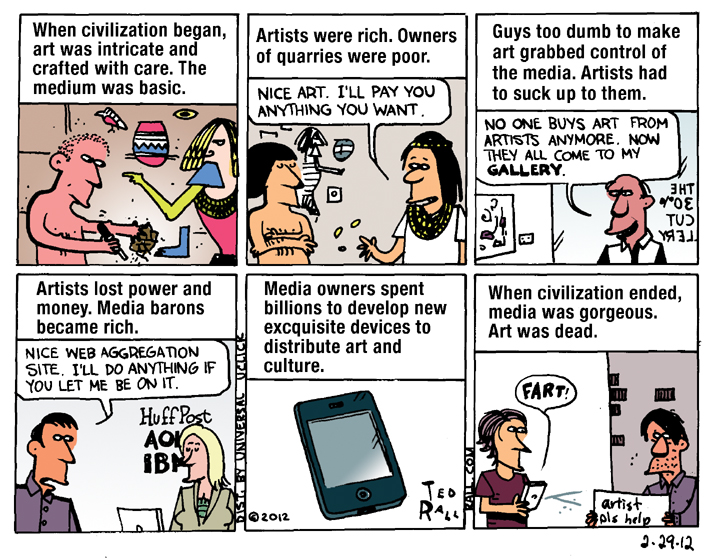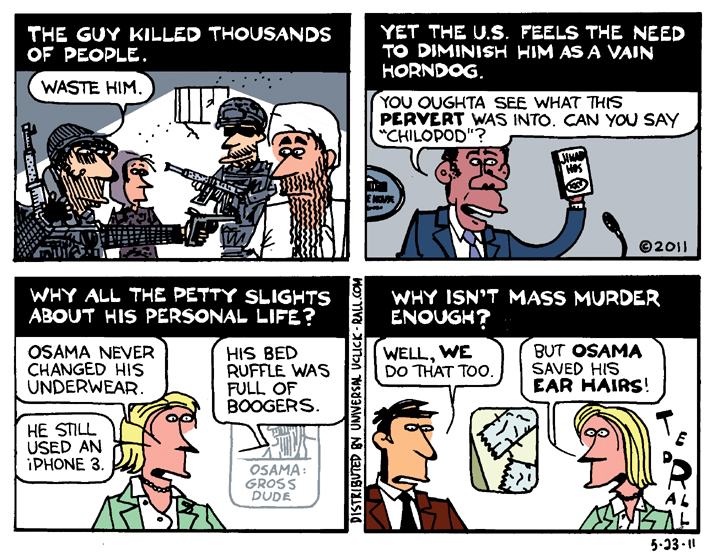 The fight between Apple and the FBI has been framed as an epic battle between big tech and big government. Apple, says the Obama Administration, is siding with “its business model and public brand marketing strategy” ahead of public safety. That’s not it, says Apple CEO Tim Cook. He says his company is “a staunch advocate for our customers’ privacy and personal safety.”
The fight between Apple and the FBI has been framed as an epic battle between big tech and big government. Apple, says the Obama Administration, is siding with “its business model and public brand marketing strategy” ahead of public safety. That’s not it, says Apple CEO Tim Cook. He says his company is “a staunch advocate for our customers’ privacy and personal safety.”
Donald Trump has weighed in on the controversy, ad-libbing a call for a boycott of Apple products including the iPhone, the device at the center of the debate. Two weeks ago, a federal court ordered Apple to write code that would allow the FBI to unlock an iPhone used by one of the gunmen in the San Bernadino mass shooting. Apple refused, saying the code could be used to unlock other iPhones as well, not just the one covered by the order. A Wall Street Journal report that the feds are currently going after a dozen or so iPhones in other cases seems to back up Apple’s argument.
What this is really about — but barely touched upon in corporate media — is Edward Snowden.
A few years ago, no one — left, right, libertarian — would have supported Apple’s refusal to cooperate with a federal investigation of a terrorist attack associated with a radical Islamist group, much less its decision to fight a court order to do so. If investigators hadn’t combed through the data on the phone used by Syed Farook before he slaughtered 14 people, it would have been seen as dereliction of duty. Obviously the authorities need to learn everything they can about Farook, such as whether he ever had direct communications with ISIS or if there were any coconspirators. Looking at evidence like that is what law enforcement is for.
Rather than face Uncle Sam alone, Apple’s defiance is being backed by Facebook, Google, Microsoft, Twitter and Yahoo — companies who suffered disastrous blows to their reputations, and billions of dollars in lost business, after NSA whistleblower Edward Snowden revealed that they spent years voluntarily turning over their customers’ data to the spy agency in its drive to “hoover up” every email, phone call, text message and video communication on the planet, including those of Americans.
Most Americans tell pollsters Apple should play ball with the FBI. But Apple and its Silicon Valley allies aren’t banking on the popular vote. Their biggest customers are disproportionately well-off and liberal — and they don’t want government spooks looking at their personal or business information.
Another underreported aspect of this story is the same sort of interagency squabbling that contributed to the failure of counterterrorism officials to see the whole picture before 9/11, and was supposed to have been fixed by such Bush-era bureaucratic revamps as the creation of the Department of Homeland Security and bringing America’s 16 intelligence agencies under a single director.
When you stop to think about this, it’s insane.
The NSA, specifically chartered to intercept signals intelligence that originates overseas — that is specifically prohibited from gathering data that is sent from one American to another American — continues to do so, probably at an even greater degree of efficiency than the period between 2009 and 2013, the era documented by the Snowden revelations leaked to the news media. Ignoring the anger of the American people, Congress did nothing to rein in the NSA. So they continue to break the law, and violate our privacy, on a massive scale.
Meanwhile, the FBI — the agency that is legally authorized to eavesdrop on American citizens as part of investigations authorized by judicial warrants, can’t get into a terrorist’s smartphone…something everyone agrees it ought to be able to do.
The NSA almost certainly has the contents of Farook’s iPhone — and yours, and mine — on a server at its massive data farm in Bluffdale, Utah. Thanks to a court order and inside-the-Beltway turf battles, however, the NSA can’t/won’t turn them over to the FBI.
This is what happens when government treats citizens with contempt. Citizens return the favor.
(Ted Rall is the author of “Snowden,” a biography of NSA whistleblower Edward Snowden. “Snowden” is on sale online and at all good bookstores.)

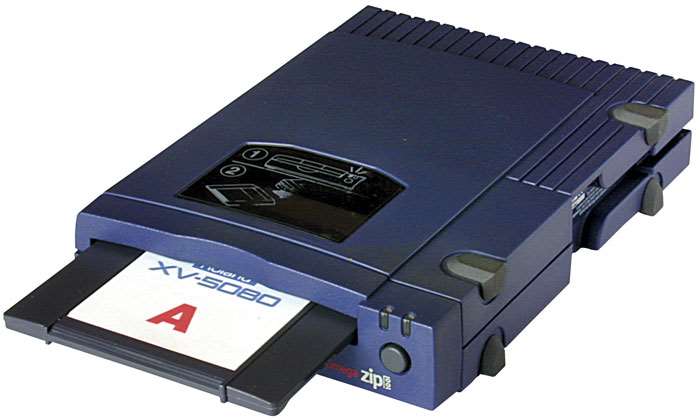 Historians and archivists call our times the “
Historians and archivists call our times the “